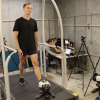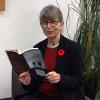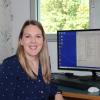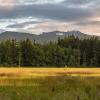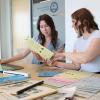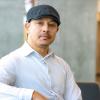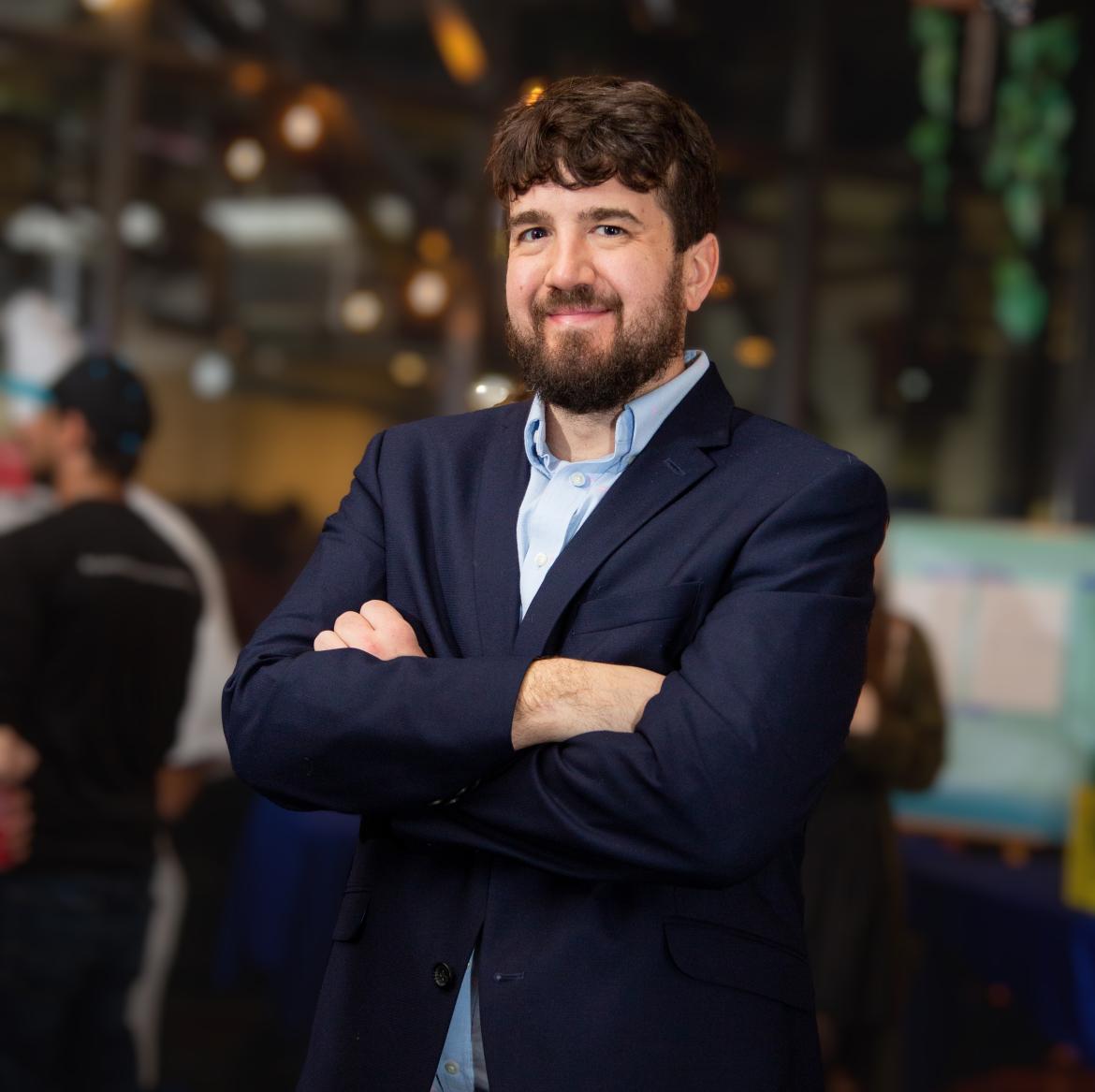
Dr. Andrew Loudon discusses how microbes are impacting human and environmental health during his lecture on February 28.
February 15, 2024 - 1:45pm
The lecture series kicks off with a talk by Dr. Andrew Loudon about how scientists can harness microbes for our benefit.
Explore cutting-edge research during Vancouver Island University’s (VIU) Science and Technology Community Lecture Series this spring.
“This year promises to be another exciting seminar series that showcases the world-class applied research conducted by faculty and students at Vancouver Island University,” said Dr. Timothy Green, VIU’s Canada Research Chair in Shellfish Health and Genomics and the series coordinator. “The theme of the series is to learn how VIU undergraduates are having a global impact on improving the knowledge on how common household items and microbes are impacting human and environmental health.”
The lecture series was created as an opportunity for researchers to share their findings on a range of different issues and topics with the VIU community and public. The series runs on Wednesdays, from 5:30 to 7 pm, from February 28 to March 27. All lectures are free to attend and are in Building 355, Room 203. The lectures will also feature a short student presentation.
“This seminar series is unique in that research students can present with their advisors. I’m excited to present our research findings jointly,” said Dr. Andrew Loudon, a VIU Microbiology Professor, whose lecture kicks off the lecture series.
Loudon presents Harnessing the microbiome: From microbial community structure to function on February 28. He’ll talk about microorganisms, which are all around us. All plants and animals have associated microbial communities which can range from harmful to neutral to beneficial. Loudon’s research explores how communities form and their impact on health. His work ranges from examining how soil microbial communities respond to meadow restoration to how they affect oyster disease susceptibility. Understanding the macro world allows scientists to use them for human benefit, whether conserving lands and animals or improving food security through increasing shellfish production.
Other presentations in the lecture series include:
- Fate and Distribution of Tire Wear Salmon Toxins on Vancouver Island using High Throughput Direct Mass Spectrometry, presented by Dr. Erik Krogh, a VIU Chemistry Professor, on March 6. Chemistry PhD candidate Joseph Monaghan presents Environmental Applications of membrane introduction mass spectrometry.
- Where did all the rabbits go? The short- and long-term impact of a novel disease Rabbit Hemorrhagic Disease, on the VIU rabbit population, presented by Dr. Liz Gillis, a VIU Resource Management and Protection Professor, on March 13.
- VIU Bird Banding Project, presented by Dr. Eric Demers, a VIU Biology Professor, on March 20. Biology student Nicole Williams presents: Influence of moonlight on the vocal activity of the Western Screech-Owl.
- Why Algorithms are as foundational as Physics, presented by Dr. Gara Pruesse, a VIU Computer Science Professor, on March 27. Computer Science student Ethan Posner presents Bitcoin Tracing.
- Please Don't Let Your Kids Play with Borax, presented by Dr. Alexandra Weissfloch, a VIU Chemistry Professor, on April 3. This seminar is supported by the VIU Eco Club to improve safety and reduce the environmental impact of everyday household chemicals.
-30-
Media Contact:
Rachel Stern, Communications Officer, Vancouver Island University
C: 250.618.0373 l E: Rachel.Stern@viu.ca | X: @VIUNews
The VIU community acknowledges and thanks the Snuneymuxw, Quw’utsun, Tla’amin, Snaw-naw-as and Qualicum First Nation on whose traditional lands we teach, learn, research, live and share knowledge.
Tags: Research

